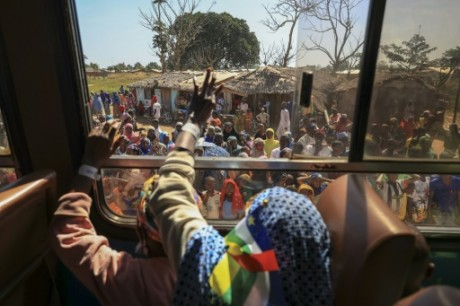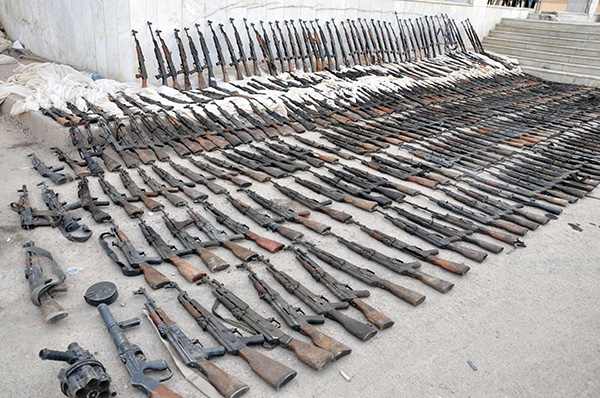Iran and Saudi Arabia Battle for Supremacy in the Middle East
The struggle between Iran and Saudi Arabia for dominance in the Middle East has insinuated itself into nearly every regional issue, fracturing international alliances and sustaining wars across the region, while raising fears of a direct conflict between the two powers that could involve the U.S.





